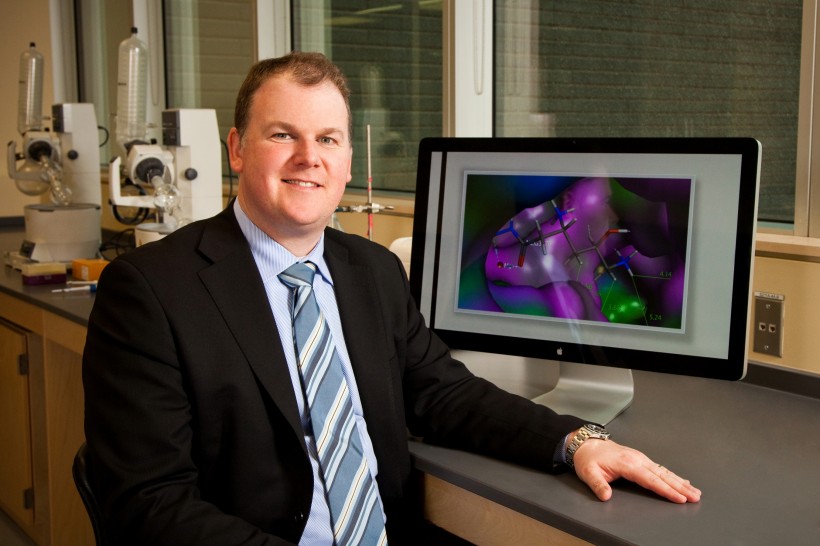Halifax advanced materials startup 3D BioFibR has raised $700,000 in what it describes as an “oversubscribed follow-on round,” marking the company’s second six-figure raise since its founding last year.
3D BioFibR was incorporated in July, 2020 and had raised $550,000 by October of the same year. The most recent round included capital from Halifax’s Concrete Ventures and Toronto’s Globalive Capital.
In a press release, the company said the first raise went towards demonstrating the viability of its process for manufacturing biofibres – fibres that exist in nature and are used by humans. They include spider silk, collagen (the main structural protein found in skin), and chitosan (a multi-purpose substance found in shellfish shells).
“As we continue to de-risk our manufacturing platform, our focus is now shifting to a higher level of engagement with industry to secure commercial partnerships, with our first focus on the tissue culture and tissue engineering applications,” said CEO Kevin Sullivan in a press release.
The company is the brainchild of Sullivan – who also founded Appili Therapeutics, now listed on the Toronto Stock Exchange – and Dalhousie University researcher John Frampton.
Frampton, the company’s Chief Science Officer, has improved methods of producing biofibres. The company is planning to commercialize its CollaFibR product, which is a synthetic version of collagen fibre, for use in tissue cultures next year. The $700,000 will go towards dialling in the manufacturing process.
CollaFibR, like the spider silk that Sullivan’s team is also working on with a longer research and development time horizon, is manufactured using a process called dry spinning. It converts a liquid solution into solid fibres more efficiently than other processes and preserves the natural properties of the material.
In the summer, 3D BioFibR graduated from the general stream of Creative Destruction Lab-Atlantic, and spent time in the CDL Matter cohort in Toronto, which specializes in materials. Sullivan has now served as both a mentor and mentee in the program. He told Entrevestor in July that the experience helped to expand the company’s network of contacts.










